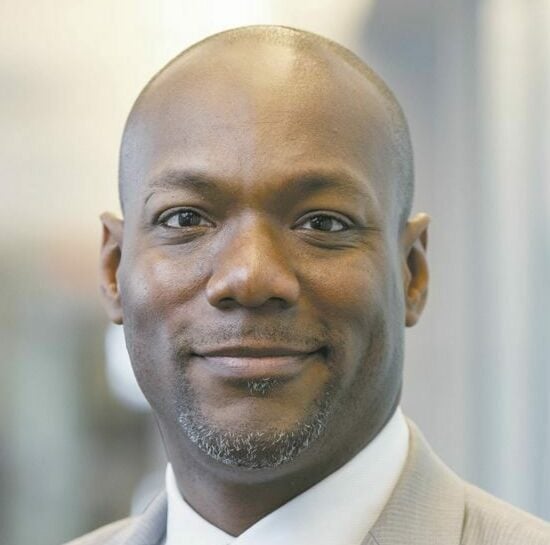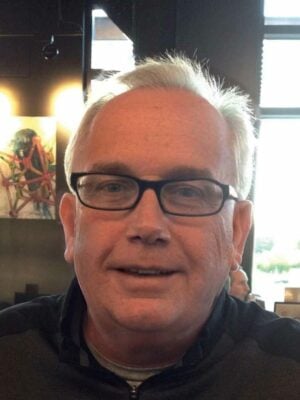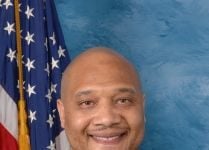Contrary to popular belief, Indiana has a rich and complex history.
Though we market ourselves as “The Crossroads of America,” much of the nation has, at best, an incurious perspective regarding the Hoosier State. Yet, there are many facts about which Indiana should be proud. One is that we are the home of Benjamin Harrison, the 23rd president of the U.S.
Even among Hoosiers, the first thing that usually comes to mind when thinking about Benjamin Harrison is the eponymous former army post that graced Indianapolis from 1906-1991. To be sure, most residents still refer to the enormous building as “Fort Harrison,” even though its official name is now DFAS (Defense Finance and Accounting Service).
Who was Benjamin Harrison?
For one, he was a man who could lay claim to a political dynasty. His grandfather, William Henry Harrison, was the ninth U.S. president. (He holds the distinction for having both the longest inaugural address and the shortest tenure of any U.S. president.) Further, Harrison’s great-grandfather and namesake, Benjamin Harrison V, was a governor of Virginia and a signer of the Declaration of Independence. Exceedingly few people in American history have enjoyed a family legacy as auspicious as Harrison’s was.
Though Indiana was President Harrison’s home for most of his life, he was born in Ohio. Both he and his wife, Caroline (née Scott), graduated from Ohio’s Miami University. At the time, few people, especially women, earned undergraduate degrees. Harrison began to study law soon after graduating from college. Shortly thereafter, he moved his growing family to Indianapolis. Harrison practiced law and served as a Commissioner for the U.S. Court of Claims (now known as the Court of Federal Claims).
Soon, tensions regarding slavery reached a boiling point, and the Civil War broke out. About a year later, Indiana Governor Oliver Morton asked Harrison to help recruit soldiers for the Union. Morton told Harrison that he needn’t actually serve in the field; the governor would find someone to lead the regiment. He rejected the idea, stating that he could not ask men to risk their lives while he sat at home.
Harrison initially received a commission as a captain and company commander in July 1862. Morton promoted Harrison to colonel a month later, and he began leading the 70th Indiana Infantry Regiment. Harrison became a highly respected officer who never abandoned his men in the field. He fought valiantly in major battles, including the ones for Atlanta and Nashville. In January 1865, President Abraham Lincoln promoted Harrison to brevet brigadier general. This was a mere three months before Lincoln was assassinated.
Following the war, Harrison could have led a quiet and prosperous life as a decorated veteran, a businessman, and an attorney. However, politics was in his blood. Having been reared as a Whig, he had switched to the newly formed Republican Party in 1856. This was surprising, given that his aforementioned grandfather and great-grandfather were slaveowners. In fact, William Henry Harrison repeatedly tried (and failed) to get what was then known as “the Indiana Territory” to accept slavery.
By contrast, Benjamin Harrison became a strong supporter of civil rights for African Americans — which his party was known for at the time. A few years after having run unsuccessfully for Governor of Indiana, the state legislature elected Harrison to become a U.S. Senator. (At the time, senators were not chosen via popular vote from the electorate.) President James A. Garfield offered Harrison a role in his cabinet, but he declined in favor of remaining in the Senate.
After being elected president in 1888, Harrison continued to promote civil rights for African Americans. For example, he strongly pushed for substantial increases in education funding, for equal voting rights, and for the prosecution of civil rights violations in the South. Tragically, Congress refused to pass most of his agenda in that regard. Also, to America’s great shame, Harrison lost his reelection bid.
Benjamin Harrison has the dubious distinction of being the first president to have been succeeded by the incumbent whom he had defeated previously. (Joe Biden, of course, is the second.) Unfortunately, space constraints prevent a fuller account of Harrison’s life and legacy. However, one needs only to visit the Benjamin Harrison Presidential Site — superbly led by Charles Hyde — near downtown Indianapolis to learn more about this American patriot.
On a personal note, my grandmother worked at Fort Harrison for more than 30 years, retiring as a GS-12 Budget Analyst. She was fiercely proud of her service as a government employee.
I am grateful that she did not live to see the shameful attacks that so many of her fellow citizens make on the legions of civil service workers who honorably perform their duties for our already great nation.





